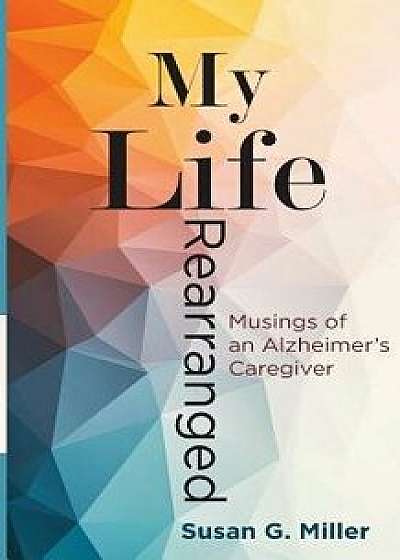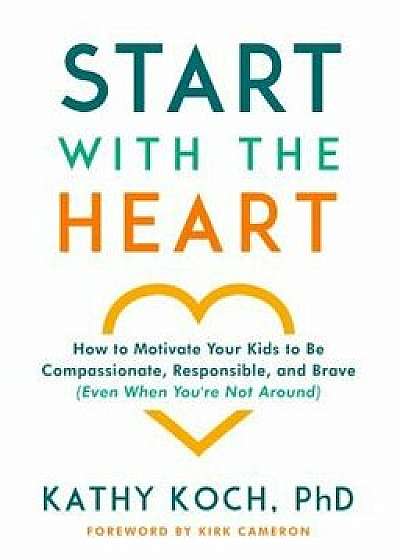
You Won't Believe What Your Child Is Thinking, Paperback/Catherine Thorpe
Descriere
Description Anyone who has a co-worker, friend, partner or child knows someone with erroneous thinking. All humans are susceptible to leftover childhood misperceptions and young people are especially vulnerable to misinterpreting themselves based on their environments. The goal of this book is to lighten life's journey for young people by informing adults about what kids are actually thinking and offering effective ways for adults to help them. It is surprising to realize how young people make sense of their worlds. Kids can believe they are responsible for their parents' problems, they may interpret divorce to mean something negative about themselves, young children believe most of what others tell them and virtually all youngsters are given misinformation at some point. The frustrations caregivers face may unwittingly be based on young people's wrong thinking. When adults discover what kids actually believe - not what adults assume they understand - parents, teachers and caregivers are in positions to help young people understand the world correctly and develop healthy strategies for living. The first part of the book is about what young people think and how they came to believe it. Section One includes how everyone's thinking makes sense to them; four major components of faulty thinking for young people; ways caregivers can understand and influence youngsters to think correctly; trauma's effect on beliefs and the science behind believing. Without adults having this information, kids will carry erroneous beliefs forward and make repeated decisions based on uninformed, inaccurate assumptions. Intentionally influencing what young people think is important because beliefs underlie the actions, self-perceptions and self-worth of people everywhere. The second section of the book reflects viewpoints developed from interfacing with young people and their families over several decades. Some of the perspectives mentioned will be reminders of common practices; some will be new





